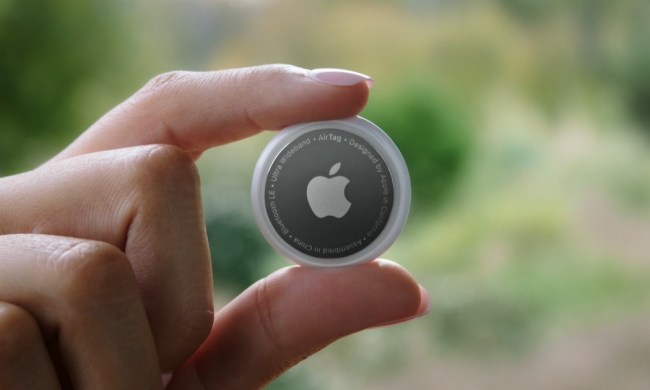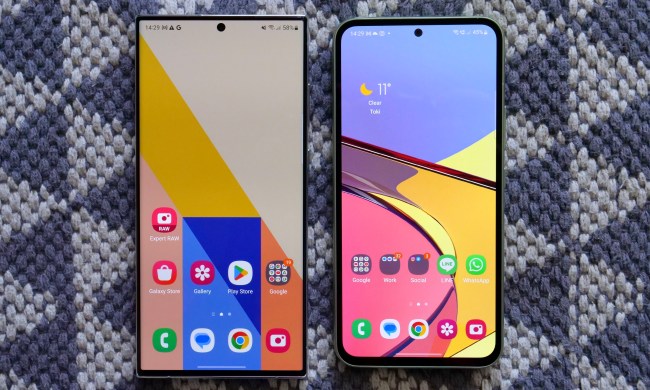
Instead of removing items from TouchWiz this time, Google might be looking to optimize the custom Android UX. In a new report from Samsung Viet, the search giant is apparently interested in making TouchWiz faster and less buggy.
Google and Samsung have not commented on the report.
Samsung still sells the majority of Android smartphones, though Lenovo and Xiaomi are catching up. That means TouchWiz is the interface most
Partnering with Samsung might speed up the bug fixes and make sure TouchWiz isn’t lagging in any areas, giving customers a more enjoyable experience that might tempt them to buying a second Android phone.
At the same time, more Google influence on Samsung’s software team might improve and eventually move TouchWiz to a more “stock-like” interface. Motorola, OnePlus, and LG have already started sticking to Google’s prefered UI design, with small changes and improvements instead of massive customizations.
As Google pushes for more hardware standardization, it might also look for vendors to create less obtrusive and slow interfaces. We don’t think Google will go as far as to force Samsung to create a near-stock experience, but a trim of the fat might be the first step in speeding up TouchWiz.
The news comes a week after news that Google might built its own mobile device, a new move to sell the stock experience without any third-party input. That might make Samsung more hesitant about partnering with Google to fix bugs, if the two companies will soon be hardware competitors.

